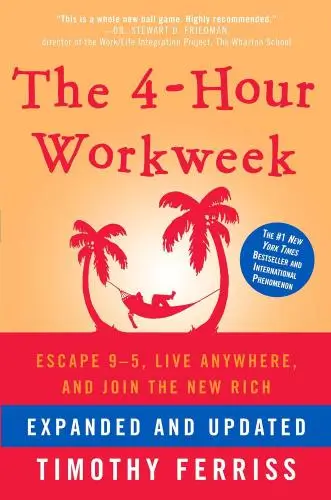The 4-Hour Workweek
Escape 9-5, Live Anywhere, and Join the New Rich
What's it about?
The 4-Hour Workweek by Timothy Ferriss revolutionizes the way we view work and lifestyle. Ferriss challenges the traditional 9-5 workweek, advocating for automation, outsourcing, and remote work to achieve a flexible, efficient lifestyle. He provides practical tips on time management, productivity, and entrepreneurship to create a life of freedom and fulfillment. This book is a game-changer for anyone seeking to escape the grind and design their ideal life.
About the Author
Timothy Ferriss is a bestselling author known for his "4-Hour" series, including "The 4-Hour Workweek" and "The 4-Hour Body." His writing style is practical and actionable, often challenging traditional norms and providing unconventional advice for improving productivity, health, and lifestyle. Ferriss emphasizes the importance of efficiency, minimalism, and self-experimentation, offering a fresh perspective on achieving success and happiness. His work encourages readers to think outside the box and take control of their lives.
14 Key Ideas of The 4-Hour Workweek
- Cautions and Comparisons
- Rules That Change the Rules
- Fear-Setting and Escaping Paralysis
- Being Unreasonable and Unambiguous
- The End of Time Management
- The Low-Information Diet
- Interrupting Interruption and the Art of Refusal
- Outsourcing Life
- Income Autopilot I: Finding the Muse
- Income Autopilot II: Testing the Muse
- Income Autopilot III: MBA—Management by Absence
- Disappearing Act
- Filling the Void
- Zen and the Art of Rock Star Living
Imagine a life where your success isn't measured by your bank balance but by the richness of your experiences and the freedom you have to live on your terms. This is the essence of what it means to be part of the New Rich (NR), a group that Timothy Ferriss introduces us to in his revolutionary approach to living.
The Pursuit of Fulfillment Over Wealth
The story begins with Mark, an individual who seemingly has it all—wealth, status, and success—but beneath this veneer lies an emptiness that money can't fill. It's a cautionary tale that sets up a stark contrast between two types of people: the Deferrers (D) and the New Rich (NR). While Deferrers postpone their dreams until retirement, diligently saving for a future they're not guaranteed, the NR seek immediate fulfillment. They understand something crucial—that true wealth is about having control over one's time and choices.
Redefining What Matters Most
For too long, society has equated wealth with financial assets alone. But there's more to life than accumulating zeros in one’s bank account. True affluence comes from being able to decide how you spend every hour of every day; it’s about location independence and choosing whom you share these moments with.
Options as Real Power
In this new paradigm, options are king—the ability to choose is real power. Money becomes merely a tool for enhancing freedom rather than an end goal.
Lifestyle Design at Its Core
Lifestyle design emerges as not just an idea but as a practical framework for living differently. It encourages breaking free from societal templates that dictate working endlessly now in hopes of enjoying life later.
Success Reimagined
Success gets redefined away from traditional metrics like salary or job title towards personal satisfaction and meaningful experiences—a metric far more aligned with human happiness.
Tactics
- Prioritize Freedom Over Accumulation: Focus on designing lifestyles filled with freedom today instead of waiting until tomorrow.
- Seek Control Over Time & Location: Strive for autonomy over when and where work happens—it’s often more fulfilling than any paycheck.
- Focus on Creating Options: Cultivate opportunities that allow flexibility in lifestyle choices—this is where true power lies.
- Embrace Lifestyle Design Principles: Adopt strategies such as taking mini-retirements throughout life rather than deferring them until old age.
- Challenge Conventional Notions Of Success: Dare to redefine success beyond financial achievements; consider personal growth, joyous experiences, and overall well-being as key indicators.
By internalizing these lessons from "The 4-Hour Workweek," we learn not only how we might strive toward becoming part of the NR but also why we should question our preconceived notions about work-life balance—and ultimately find greater contentment through intentional living designed around our deepest desires rather than societal expectations.
Key Examples/Data
- Mark's Lifestyle and Realization: Mark, a wealthy magnate, confesses to the author that despite his immense wealth, he has spent over 30 years buying things he didn't need and being with people he didn't like. He describes his life as a succession of trophy wives, expensive cars, and empty bragging rights, ultimately feeling like one of the living dead.
- Comparison of Goals: The chapter presents a comparison between the New Rich (NR) and the Deferrers (D) based on their goals and priorities. It highlights the subtle yet significant differences in their aspirations, such as working for oneself versus having others work for you, retiring early versus distributing recovery periods throughout life, and having more versus having more quality and less clutter.
- The Freedom Multiplier: The concept of the "freedom multiplier" is introduced, emphasizing that money's practical value is multiplied based on the control individuals have over what they do, when they do it, where they do it, and with whom they do it. It illustrates that having options and the ability to choose is real power, and the book aims to guide readers in creating these options with minimal effort and cost.
- Examples of the New Rich: The chapter provides examples of the New Rich, including an employee who negotiates a remote work agreement to free up time for personal pursuits, a business owner who outsources operations to travel the world while working remotely, and a student who establishes a side project to generate income, allowing them to pursue their passion as a full-time career.
- Julie's Adventure: Julie's story showcases her decision to embark on a 15-month exploration of the globe with her family, selling their sailboat in New Caledonia after traveling 15,000 miles. Despite the common belief that such a trip would be financially unattainable, Julie and her family managed to accomplish it at a cost lower than rent and living expenses in Paris, highlighting the possibility of unconventional and fulfilling experiences.
Quotes
- "These individuals have riches just as we say that we 'have a fever,' when really the fever has us." — Seneca
- "He explained that he had spent more than 30 years with people he didn’t like to buy things he didn’t need. Life had become a succession of trophy wives—he was on lucky number three—expensive cars, and other empty bragging rights. Mark was one of the living dead." — Excerpt from Mark's lifestyle realization.
- "Money is multiplied in practical value depending on the number of W’s you control in your life: what you do, when you do it, where you do it, and with whom you do it. I call this the 'freedom multiplier.'"
- "The employee who rearranges his schedule and negotiates a remote work agreement to achieve 90% of the results in one-tenth of the time, which frees him to practice cross-country skiing and take road trips with his family two weeks per month."
- "Civilization had too many rules for me, so I did my best to rewrite them." — Bill Cosby
The 4-Hour Workweek Summary: Common Questions
Experience Personalized Book Summaries, Today!
Discover a new way to gain knowledge, and save time.
Sign up for our 7-day trial now.
No Credit Card Needed

Similar Books
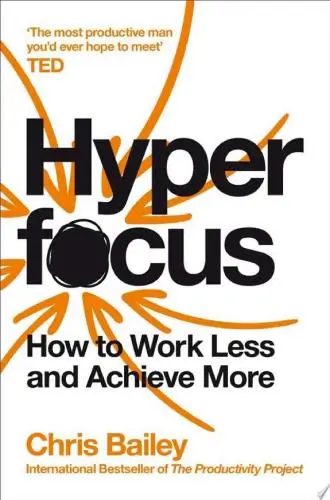
Hyperfocus
Chris Bailey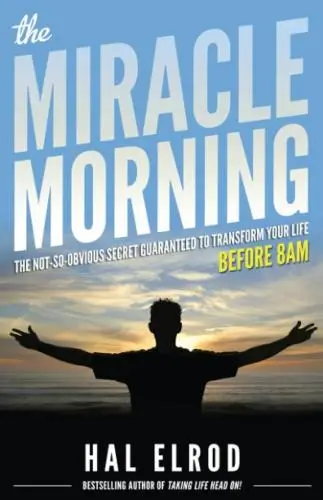
The Miracle Morning
Hal Elrod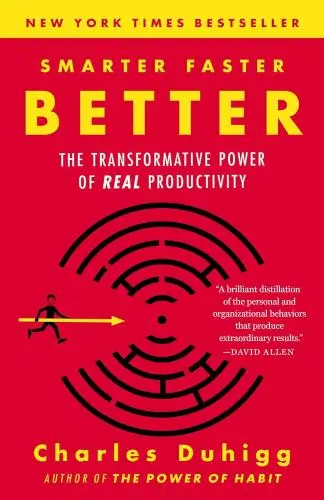
Smarter Faster Better
Charles Duhigg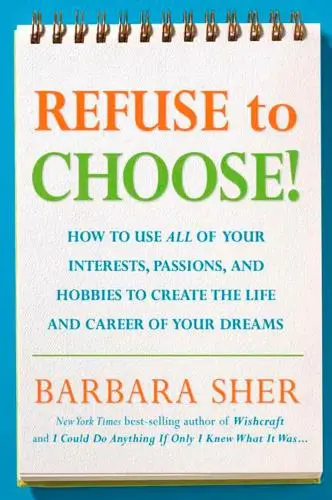
Refuse to Choose!
Barbara Sher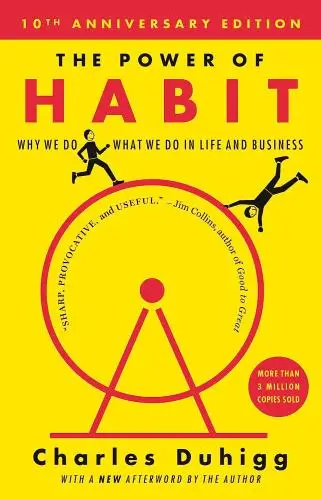
The Power of Habit
Charles Duhigg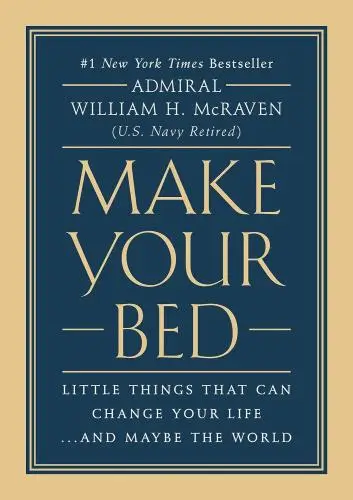
Make Your Bed
William H. McRaven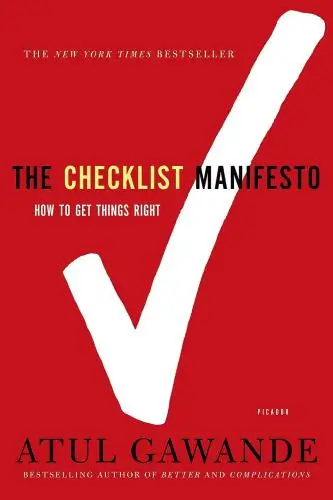
The Checklist Manifesto
Atul Gawande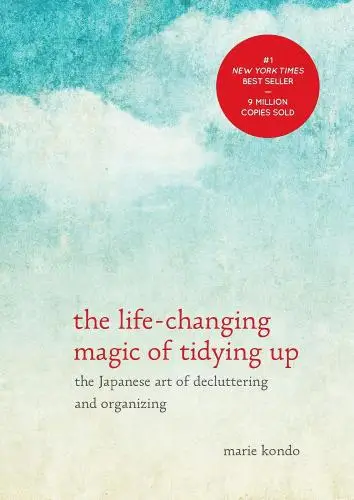
The Life-Changing Magic of Tidying Up
Marie Kondō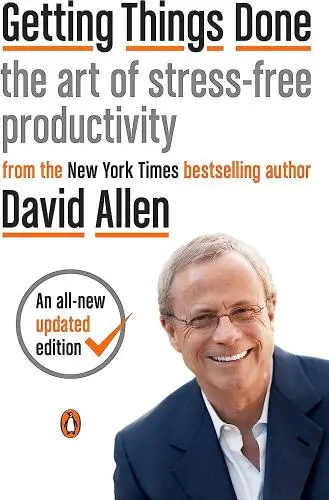
Getting Things Done
David Allen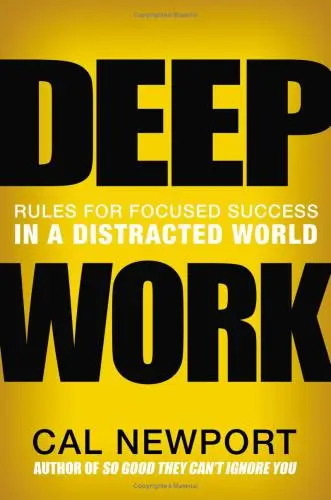
Deep Work
Cal NewportTrending Summaries

Peak
Anders Ericsson
Never Split the Difference
Chris Voss
Smart Brevity
Jim VandeHei
The Psychology of Money
Morgan Housel
The First 90 Days
Michael D. Watkins
Atomic Habits
James Clear
Thinking, Fast and Slow
Daniel Kahneman
The Body Keeps the Score
Bessel van der Kolk M.D.
The Power of Regret
Daniel H. Pink
The Compound Effect
Darren HardyNew Books

Forex Trading QuickStart Guide
Troy Noonan
Comprehensive Casebook of Cognitive Therapy
Frank M. Dattilio
The White Night of St. Petersburg
Michel (Prince of Greece)
Demystifying Climate Models
Andrew Gettelman
The Hobbit
J.R.R. Tolkien
The Decision Book
Mikael Krogerus
The Decision Book: 50 Models for Strategic Thinking
Mikael Krogerus
Fichte
Johann Gottlieb Fichte
Do No Harm
Henry Marsh
